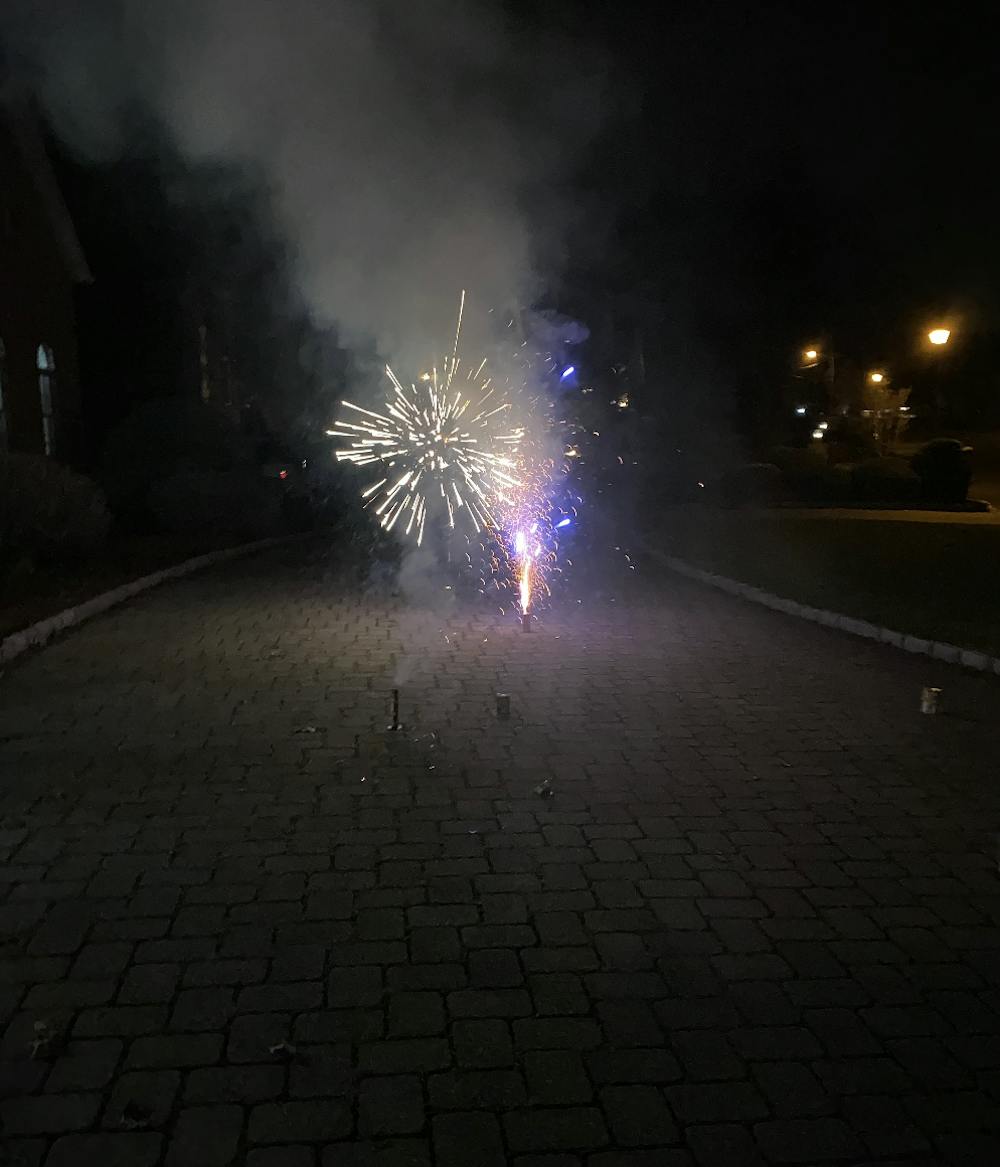I don’t consider myself to be especially religious. I pray before eating, touch my grandparents’ feet to seek blessings every New Year, and listen to my parents describe the origin of traditions during our annual visit to the temple. Nonetheless, growing up, Diwali, or the Hindu festival of lights traditionally celebrated in India, has been (and continues to be) a holiday I wholeheartedly embrace. I love Diwali for all of the light it forges in my house, for the seven lit candles which sit perfectly aligned on my fireplace for 10 days, for the sweets that cover every square inch of my kitchen counter, for all of the shoes I trip over as guests pile into my home.
As an Indian American living in New Jersey, my parents have adapted the way Diwali is typically celebrated. Here, we fill our doorways with plastic diyas (candles) in order to allow the goddess of prosperity to find her way into our home, relish sweets bought from the grocery store, and break out into an intense game of Mafia after the ceremony. Though unconventional in the traditional Indian sense, our version of Diwali settles into our suburban American home like a warm aroma, reminding us of what it means to let light triumph over darkness.
Until recently, I didn’t know much about Diwali beyond its association with light. Decorating my home with my mother gave me the opportunity to delve into the cornerstones of this holiday. Diwali, which comes on the darkest night of the lunar calendar year, does certainly mark the pride of casting brightness in times of darkness. In fact, many Indians celebrate with fireworks and firecrackers outside their homes and local temples.
But Diwali, at its core, is also about casting this very light over the entirety of our lives and all situations we find ourselves in. It marks the rise of justice over oppression, comfort in the face of fear, conviction above despair. Though Diwali only comes around once a year, my family and I make it a conscious point to light our candles together, nudging each other to remember that we can get through dark times together. Staring down at the fire, we vow to let light occupy the spaces between us — between our relationships, our walls, and our communities — when we need it most.
As expected, this year’s Diwali festivities were interestingly juxtaposed by the darkness and divide plaguing our nation. As such, my family’s celebration of this anticipated holiday followed a remarkably different trajectory than years past: My mother and grandmother served an elaborately constructed meal for six (instead of 30) at our kitchen counter, and the gift-giving and exchanging secret thank-you’s boiled down to a mere 10-minute affair. There was no large gathering or sweet swapping — and few chaotic outbreaks of firecrackers at midnight.
Our celebration, though simple this year, created room for new traditions to be internalized. Instead of buying pre-designed candles, my parents tasked my brother and me with the responsibility of painting candles with traditional designs prior to lighting them, leaving us with the flexibility to translate our visions onto the outer coating of the candles. Being more actively involved in holiday preparations has left my brother and me with a sense of belonging in creating traditions which resonate with us during these tumultuous times.
Diwali comes at an especially grueling time in 2020, a month during which positive COVID-19 caseloads have spiraled upwards and a presidential election has intensified a deep national division. Just over two weeks ago, the United States passed 250,000 deaths, and yet, promising news regarding vaccine development infiltrates our thoughts. Our nation is moving quickly all while it is unaware of where to go next. It wants to forge ahead — to push forward — and isn’t entirely sure how.
We’re in the midst of a contradictory position where the dualities of light and dark inhabit a common space, leaving many to straddle between hope and despair. So, this year, on the night of Diwali, my family and I lit candles not to cast darkness aside, but rather to learn from tough times — the dark times when we’re at a standstill — and hold onto the good inherently present in such situations. We light the candles to challenge the isolation and pain we experience and rather search for joy in our shared experiences.








